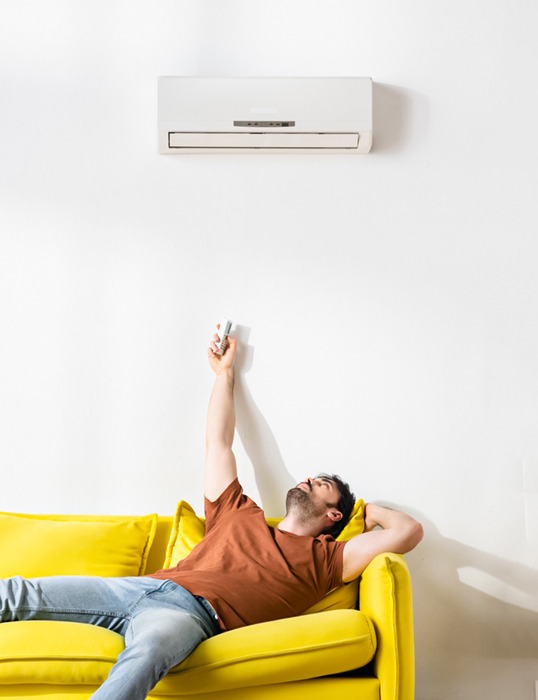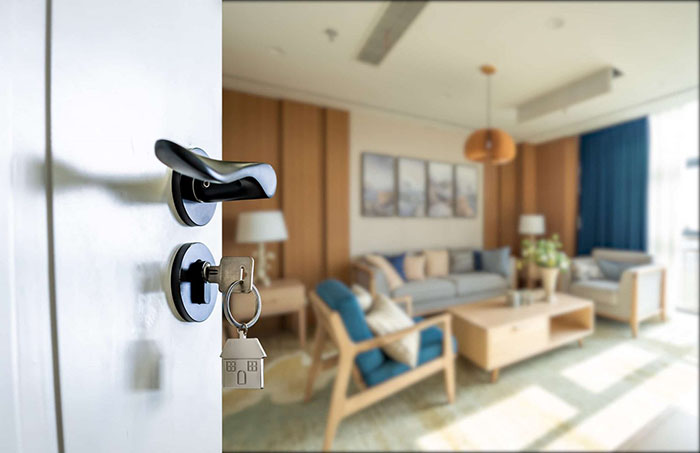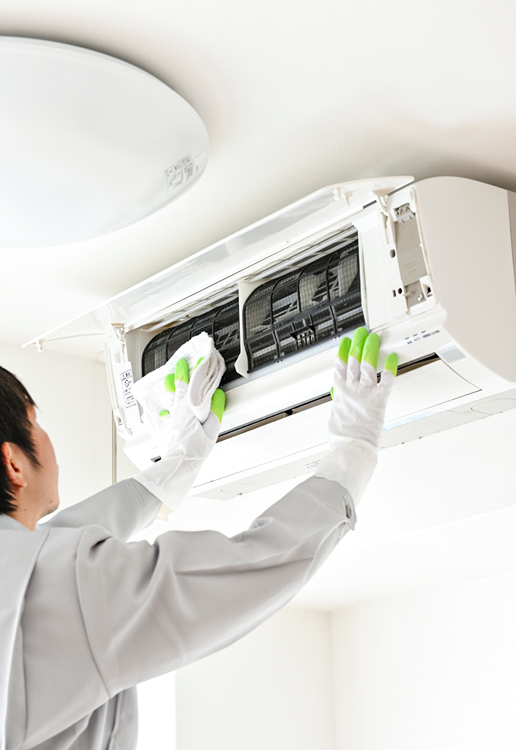When Not To Run Your Ac In Arizona
The Arizona climate is well known for its scorching hot summers and mild winters. As such, air conditioning (AC) has become an essential part of life in the state. However, when it comes to running AC systems in Arizona, there are certain times when turning them off can be beneficial both financially and environmentally.
In order to determine when not to run one’s AC in Arizona, it is important to consider factors such as temperature, humidity levels, wind speeds, time of day/year, and cost efficiency. Each of these elements should be taken into account before deciding whether or not to turn on one’s air conditioner.
By taking the aforementioned components into consideration, this article will provide readers with tips on when not to operate their air conditioners in Arizona based on energy-efficient methods that save money without sacrificing comfort or convenience.

Definition Of Air Conditioning
Air conditioning is a system that regulates the temperature, humidity and air quality in an enclosed space. It works by transferring heat from one area to another using refrigerants such as Freon.
By increasing or decreasing the amount of moisture in the air, it can create comfortable living conditions for people who would otherwise be exposed to extreme temperatures. Air conditioners also act as filters to help remove airborne contaminants like dust, pollen and smoke particles from the air.
The most important factor when considering running an AC unit is cost efficiency. Taking into account both initial installation costs and long-term energy use, it’s essential to consider which climate requires more frequent AC usage before making a purchase. In hot climates, such as Arizona, where summertime temperatures often exceed 100°F (38°C), running an AC unit may not always be financially savvy.
Impact Of Heat On The System
In Arizona, high temperatures can cause a strain on air conditioning systems. As the temperature rises, so does the cooling load – meaning that it takes more energy to keep interiors at desired levels of comfort. This places additional pressure on an AC system, decreasing its efficiency and increasing its running costs.
Furthermore, extreme heat can lead to malfunctions in components such as compressors or evaporator coils. If left unresolved, these problems may require expensive repairs and replacements.
To protect their systems from damage caused by excessive heat, homeowners should consider avoiding using their air conditioners during peak times of the day when outdoor temperatures are highest. Additionally, they should ensure regular maintenance is carried out throughout the summer season to identify any potential issues before they become worse.
Benefits Of Running The Ac In Arizona
In Arizona, running an air conditioner can bring a range of benefits. With temperatures often exceeding 100 degrees Fahrenheit during summer months and home cooling costs being relatively low compared to other states in the U.S.
It is no wonder that many homes have an AC system installed. Proper use of this system helps maintain humidity levels at high enough thresholds to prevent mold growth while still providing necessary comfort. Additionally, using an energy-efficient model ensures lower electricity bills as compared to older models with higher power consumption rates.
Using regular maintenance on your AC unit will help keep it functioning properly for years to come. Regular inspections should be done yearly by a professional technician so that any small issues can be addressed before they cause more serious problems or lead to costly repairs later down the line.
Factors To Consider When Deciding Not To Run The Ac
When deciding not to run the AC in Arizona, it is important to consider several factors. One of these is temperature and humidity levels. When temperatures are lower than 80 degrees Fahrenheit or when there is low relative humidity, running the AC can be avoided because the air quality indoors will still remain comfortable without it.
Another factor to consider is the amount of time one intends to spend inside a particular space. If someone is only going to be in a room for a short period of time, then turning off the AC may be wise since they won’t need long-term cooling anyway.
Additionally, if it’s cooler outside during certain times of day such as at night or early morning hours, opening windows can help cool down interior spaces instead of relying on an AC unit.
Furthermore, using fans strategically placed around rooms can also help circulate air and keep people cool. Taking into account all of these factors can help individuals decide when not to run their AC unit in Arizona and save money on energy bills while ensuring continued comfort throughout their home or other indoor space.

Cooling Alternatives For Hot Weather
In hot climates such as Arizona, air conditioning can be a major energy expense. To reduce cooling costs and conserve energy, consider other alternatives to running an AC unit. During the day, take advantage of natural breezes by opening windows in rooms that are not directly exposed to the sun.
On warm evenings, use fans or evaporative coolers—also known as swamp coolers—to circulate cooler air into your home. Evaporative coolers convert warm air into cooler air through evaporation while using much less energy than traditional air conditioning units. If you have access to a pool or body of water nearby, swimming during the middle part of the day is another great way to stay cool without having to rely on electricity for climate control.
Additionally, light-colored clothing can also help keep you feeling comfortable in hot weather since it reflects sunlight rather than absorbing it like darker colors do. Moreover, utilizing window shades and curtains made from lightweight materials helps block direct sunshine from entering your home and heating up indoor spaces.
All these techniques will help keep temperatures down indoors so that reliance on artificial AC units is minimalized when possible.
Maintenance Tips For Acs In Arizona
In Arizona, it is important to understand when not to run an air conditioner. During the warmer months of spring and summer, keeping a home cool can be challenging due to high temperatures outside.
However, running an AC unit too often or for extended periods of time can put strain on the system and cause undue wear and tear. It is generally recommended that homeowners in Arizona restrict their use of air conditioning during these seasons as much as possible by opting for natural cooling methods such as opening windows at night or using fans instead.
Additionally, having regular maintenance checks performed on the AC will help ensure its longevity and prevent any expensive repairs from being required down the line. Having Phoneix AC repair services come out annually to inspect the filters, coils, refrigerant levels and other components will identify potential problems before they occur.
This proactive approach helps reduce stress on the unit and keeps energy costs low while ensuring optimal performance throughout the year.

Cost Considerations
Running an air conditioner in Arizona can be costly, as the amount of energy used is considerable. The cost of running it depends on several factors, including the size and type of unit, electricity rates, and how often it is run. Taking into account these considerations can help to identify when turning off or reducing the use of AC should occur in order to save money.
In general, running a central AC system will have higher costs than other types due to its larger size and complexity. It also runs more frequently because it must cool down entire buildings at once rather than single rooms.
Therefore, the frequency that this system is operated should be reduced during times like evenings when temperatures are cooler outside and occupants don’t require so much cooling indoors. Additionally, selecting an energy-efficient model with high Seasonal Energy Efficiency Ratio (SEER) ratings will help reduce overall costs.
The price of electricity also affects the cost of using AC units in Arizona homes or businesses. If possible, try to limit usage during peak hours which may result in additional charges from electric companies.
Utilizing natural ventilation methods such as opening windows or strategically placing fans can further reduce reliance on artificial means for cooling while still keeping indoor spaces comfortable without incurring extra expenses.







